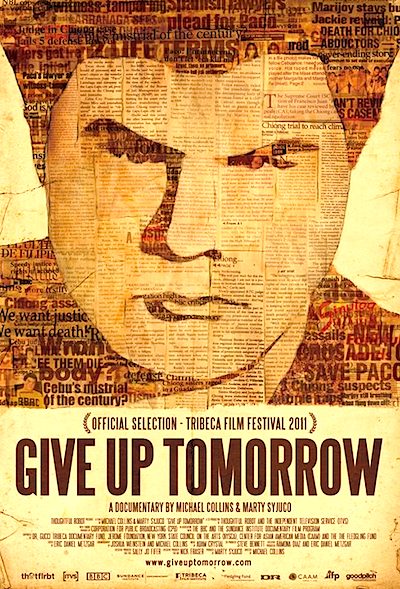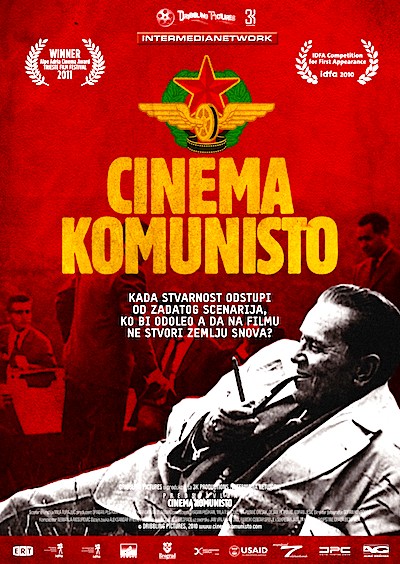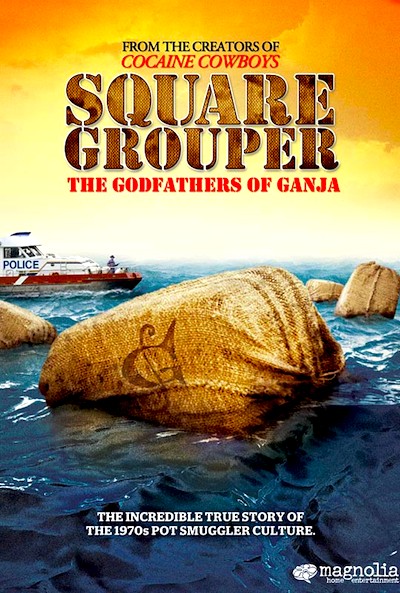By Joe Bendel. Class warfare can be ugly. When allowed access to power, it might be deadly. Just ask Paco Larrañaga. A perfect storm of sensational journalism and judicial-political malfeasance combined to rob him not just of his liberty, but perhaps even his life in Michael Collins’ documentary exposé Give Up Tomorrow (trailer above), which screens during the 2011 Tribeca Film Festival.
 Larrañaga is an innocent man. Thirty-five of his teachers and classmates will testify he was nowhere near the island of Cebu when the Chong sisters disappeared under mysterious circumstances. Unfortunately, they never had an adequate opportunity to testify on Larrañaga’s behalf. Though just one of the so-called “Chiong Seven,” the media focused like a laser beam on Larrañaga, the son of the working middle class branch of the Kennedyesque Osmeña family. His trial was duly hyped up in explicit class warfare terms, creating a toxic environment for the defense.
Larrañaga is an innocent man. Thirty-five of his teachers and classmates will testify he was nowhere near the island of Cebu when the Chong sisters disappeared under mysterious circumstances. Unfortunately, they never had an adequate opportunity to testify on Larrañaga’s behalf. Though just one of the so-called “Chiong Seven,” the media focused like a laser beam on Larrañaga, the son of the working middle class branch of the Kennedyesque Osmeña family. His trial was duly hyped up in explicit class warfare terms, creating a toxic environment for the defense.
Collins (with the close collaboration of producer Marty Syjuco, a distant relative of Larrañaga) picks the resulting kangaroo court apart like a skilled prosecutor. Right from his arrest, highly relevant information was deliberately disregarded by the police and prosecution, including the Chiong father’s close ties to reputed drug kingpin Peter Lim, whom he was scheduled to testify against the day after his daughters’ disappearance.
It seems Cebu is a small world after all, when Collins reveals several of the investigating officers also had ties to Lim. Indeed, they provide some of the most obvious lying ever seen on film when Collins grills them about their initial investigation. However, the Chiong sisters’ mother, Thelma, might be the most problematic figure in this scandal – ruthlessly exploiting her personal connections to the president at the time, the thoroughly corrupt populist (a redundancy, perhaps) Joseph Estrada, to pillory Larrañaga and his codefendants in the collusive media.
On one level, Tomorrow is a simple story: Larrañaga was railroaded for a crime he did not commit. Yet the case developed a series of bizarre twists and turns that Collins follows with remarkable clarity. Ironies truly abound when Larrañaga, a dual citizen as the son of a Spanish national, turns to the former colonial power as a last resort. Yet, the film preserves a sense of suspense regarding Larrañaga’s ultimate fate. Continue reading LFM Review: Give Up Tomorrow @ Tribeca 2011





